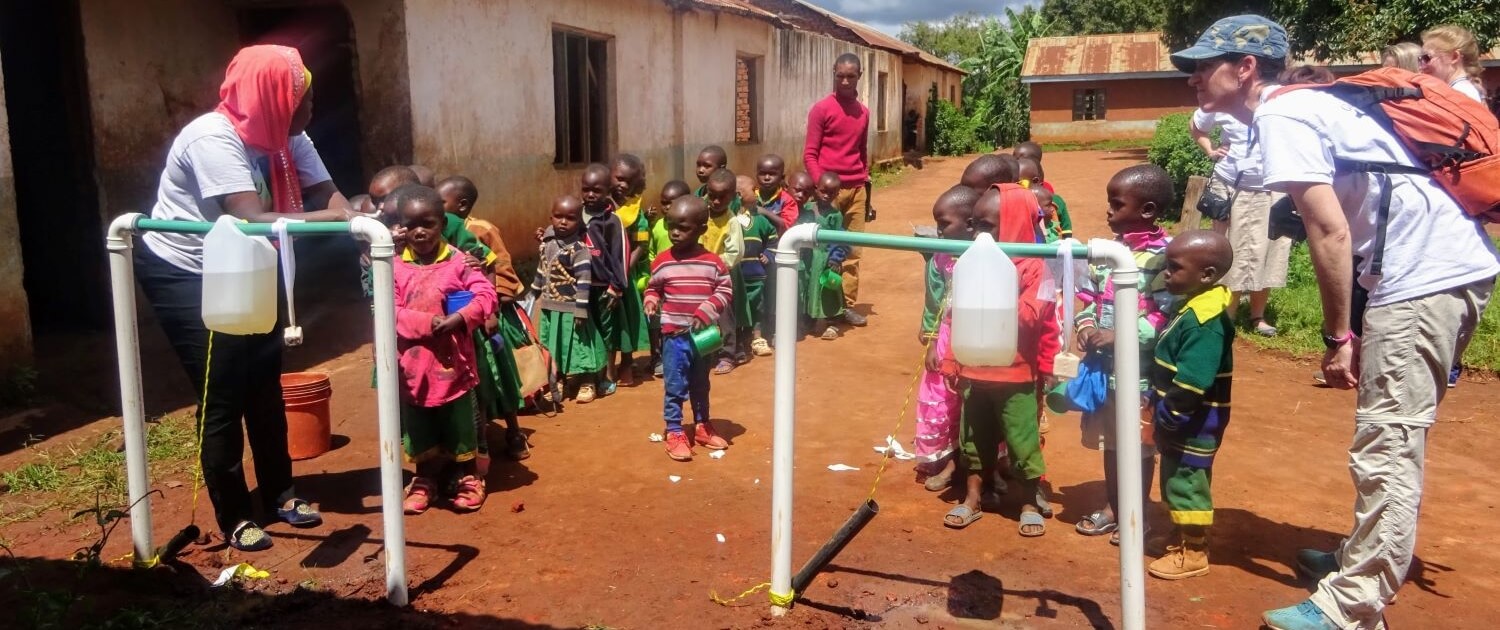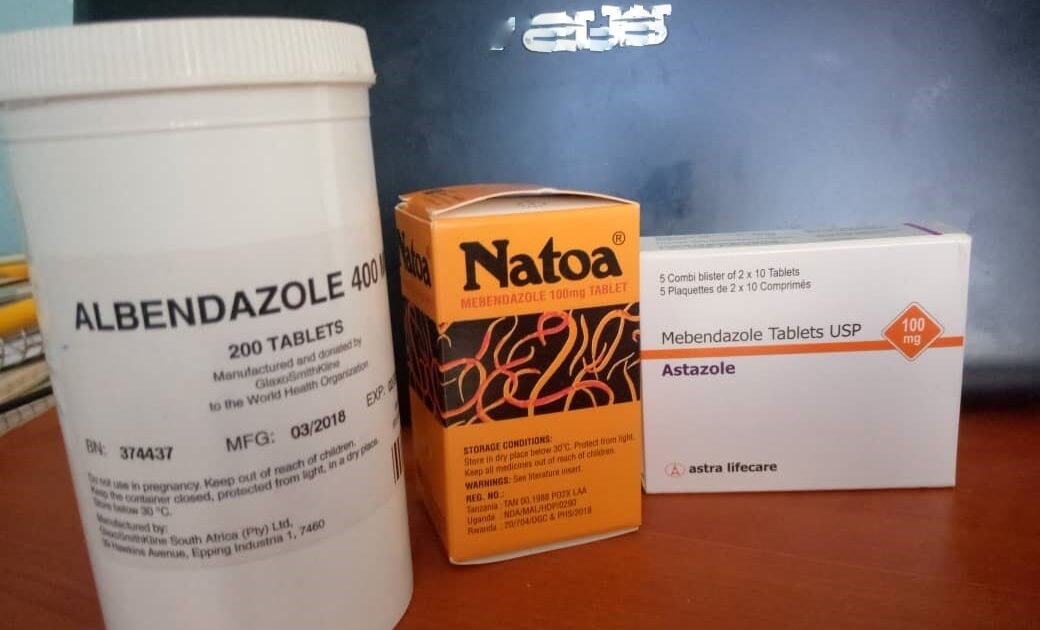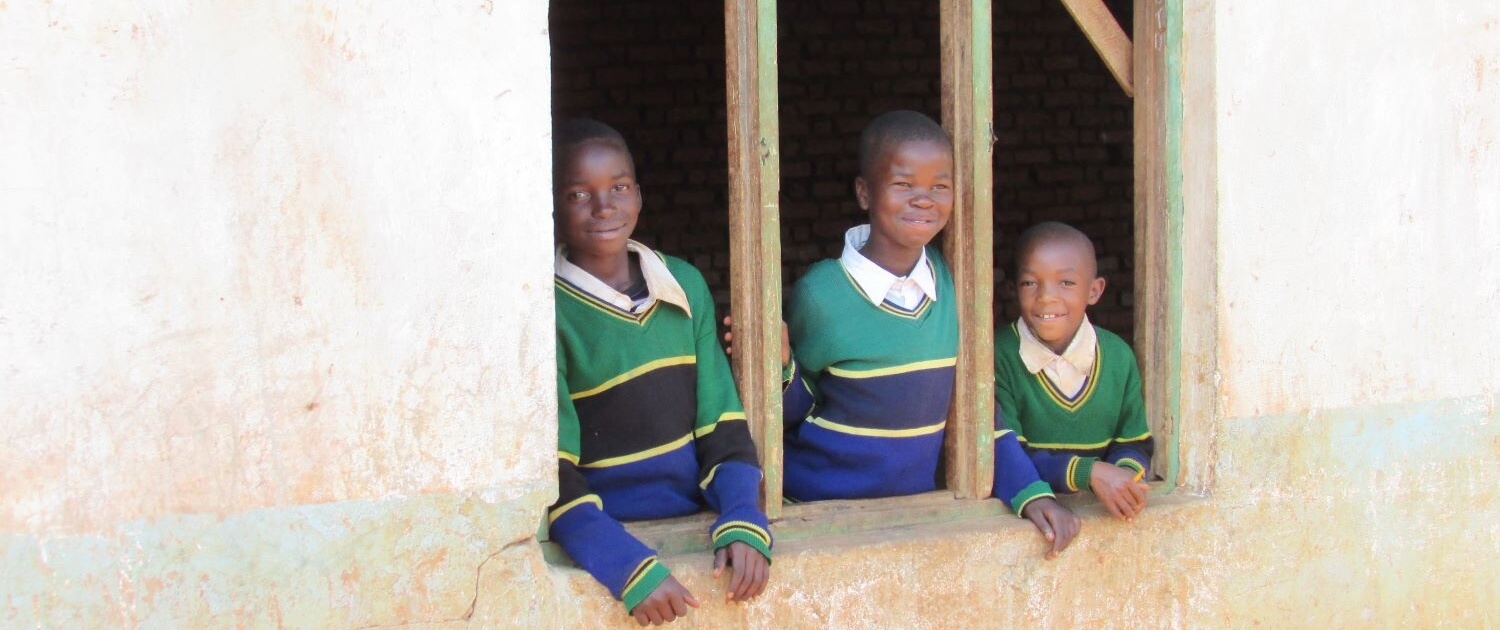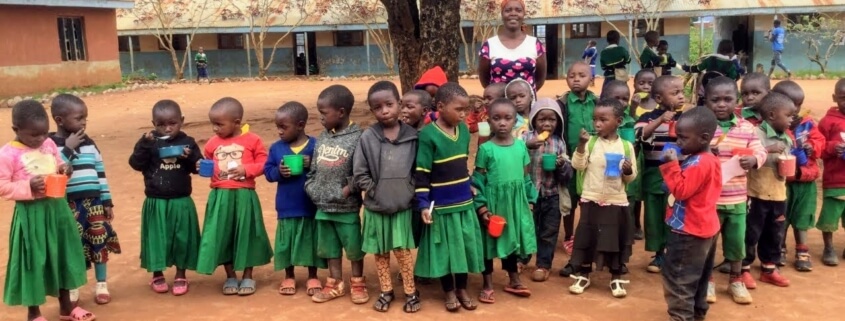Deworming Tablets Are Distributed at RCP Ipalamwa General Clinic
Unlike new diseases such as COVID-19, intestinal infections caused by parasitic worms have a known and readily available cure. Still, according to the World Health Organization (WHO), intestinal worms affect over 1.5 billion of the world’s poorest and most marginalized people. How is this possible? Read on about Global Volunteers’ effort to prevent infections and restore children’s health in the Ukwega Ward of Tanzania.
WHO estimates that more than 880 million children worldwide need treatment for intestinal worms. The condition begins when parasite eggs, present in human feces, contaminate soil in areas where sanitation is poor.
Parasites enter a child’s body through bare feet or contaminated water. Then, they quickly begin consuming much of the nutritional value of the food the child eats. If worms get the food before the child, it doesn’t matter how nutritious the food is. The results are devastating – anemia, impaired cognitive function, decreased physical growth, diminished intellectual capacity, increased school absenteeism, and lowered educational achievement. Intestinal worm infection is significantly associated with stunting.
Parasitic worms were once a common malady among children in the US, Europe, and other high-income countries. Public health programs eradicated this disease. The same is possible in developing communities.
In rural Tanzania, the constant threat from parasitic worms occurs when food is scarce, sanitation is poor, and health care services are inadequate. Despite their pernicious effect on children, parasitic worms are relatively easy to prevent. The Tanzanian government has implemented several strategies to fight this condition. These include medical de-worming tablets, sanitary disposal of human sewage, access to clean drinking water, promotion of personal hygiene and handwashing, and health education, reports Anneth (Anna) Mwenda, Clinic Manager of Global Volunteers’ Ipalamwa General Clinic (IGC).

Medication in tablet form is used to treat many parasitic worm infections such as schistosomiasis, clonorchiasis, opisthorchiasis, tapeworm, cysticercosis, hydatid disease, and other fluke infections. The tablets were once routinely given during check-ups at health clinics, but now are distributed at schools. “The government gives them twice a year to students six years of age and above because that’s when children often stop hospital or clinic visits,” explains Dr. Benjamin Makafu, Doctor-in-Charge at IGC.

But that leaves younger children untreated. “Children continually come to the clinic with mal-absorption problems, intestinal blockages, anemia, impaired immunity, and incidents of chronic malnutrition, – all of which contribute to stunting,” Anna explained.
Global Volunteers supports and complements local efforts in several ways, she said. Health education for parents with an emphasis on environmental sanitation and personal hygiene offered by medical staff and community caregivers has a pronounced impact. “We have also provided material help in the form of hundreds of handwashing stations in addition to a supply of anti-parasitic drugs at IGC,” she continued.
Anna said de-worming tablets are remarkably safe and easily administered, but often scarce because government deliveries are frequently delayed. So Global Volunteers re-stocks the tablets when supplies dwindle.
This enables IGC to prescribe de-worming treatments to children who show worm infestation symptoms (lack of appetite, abdominal fullness, and cysts in stool), Dr. Makafu said. “We also provide de-worming tablets to adults with symptoms and pregnant mothers after 16 weeks of gestation, per government requirements.”

Village dispensaries and schools can’t guarantee an adequate supply of tablets for children and their families. Thanks to the support of Global Volunteers’ staff, volunteers, and generous donors, the lives of the people in the Ukwega Ward have greatly improved, Dr. Makafu added. “The IGC has made de-worming treatment accessible and reduced congestion in village dispensaries,” he said.
By improving nutrition and reducing infection, de-worming is a contributing intervention in the broad RCP goal of preventing childhood stunting, Anna said. “The result of better health is better educational outcomes, and a greater chance all children will reach their full potential.”
De-worming tablets cost about 50 cents per year per child, and contribute to families and children’s overall health. Every child should be administered two doses annually, regardless of age. Your donation can supply ICG with doses to treat up to 1,000 children.
You may also like:




Leave a Reply
Want to join the discussion?Feel free to contribute!